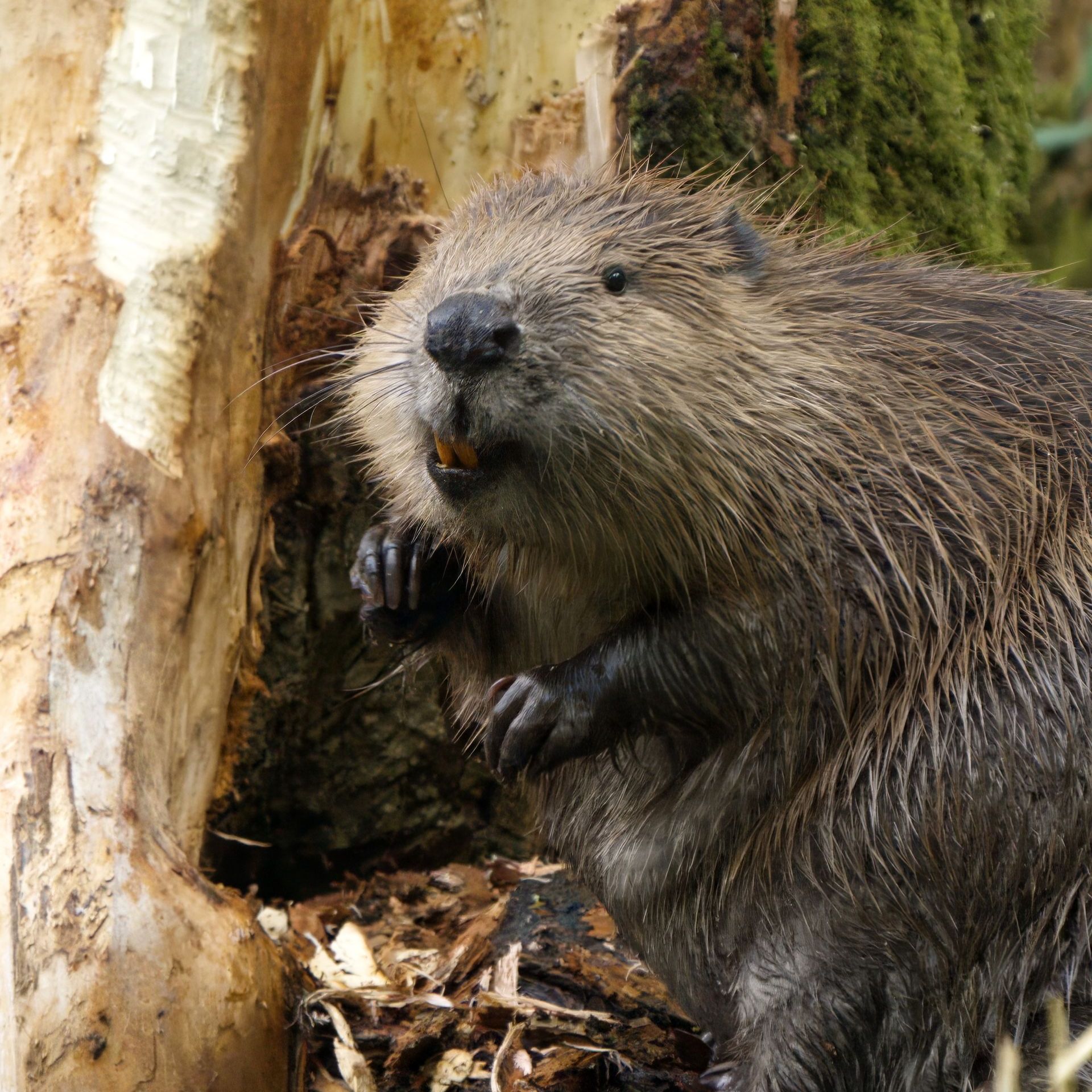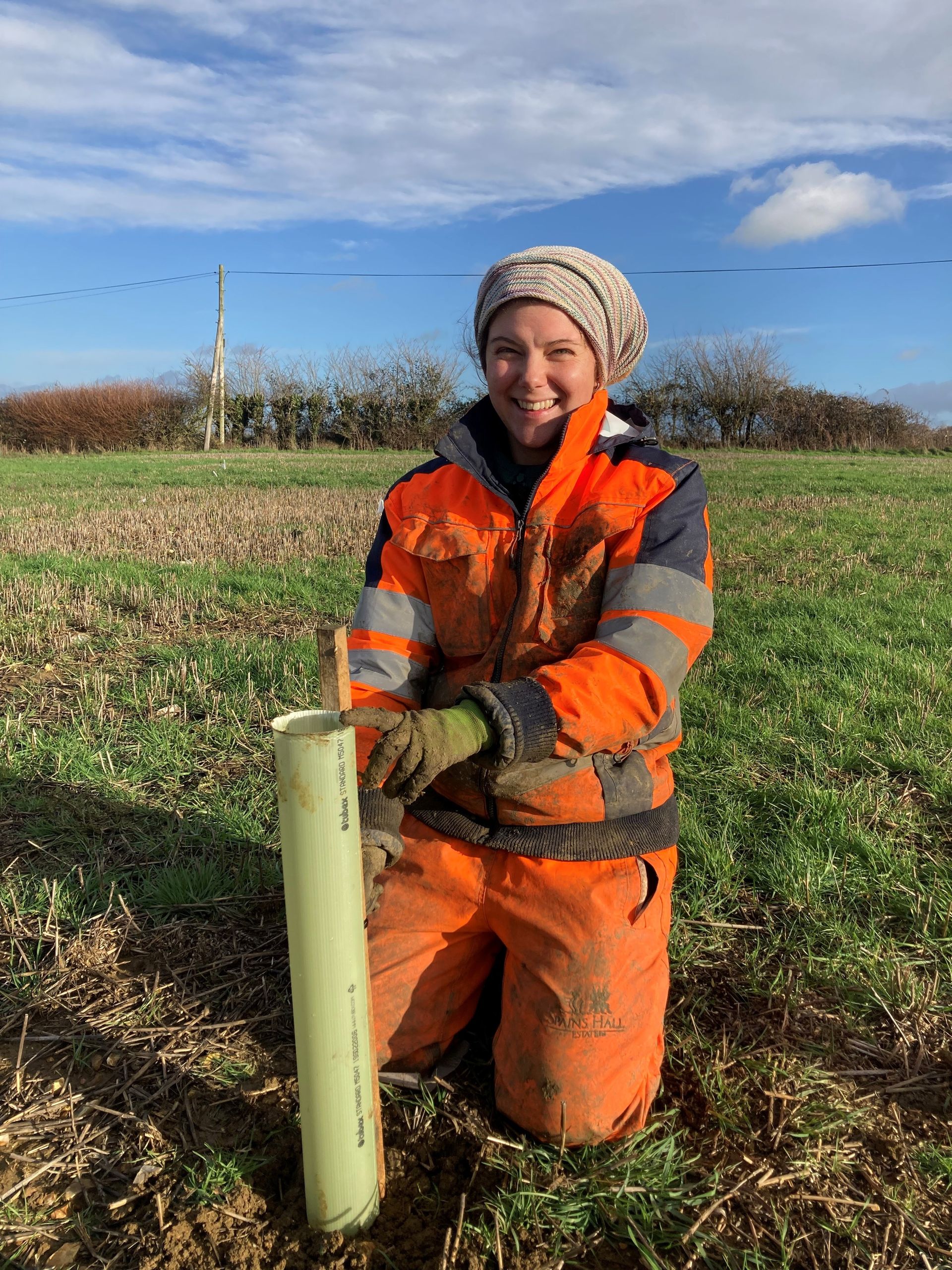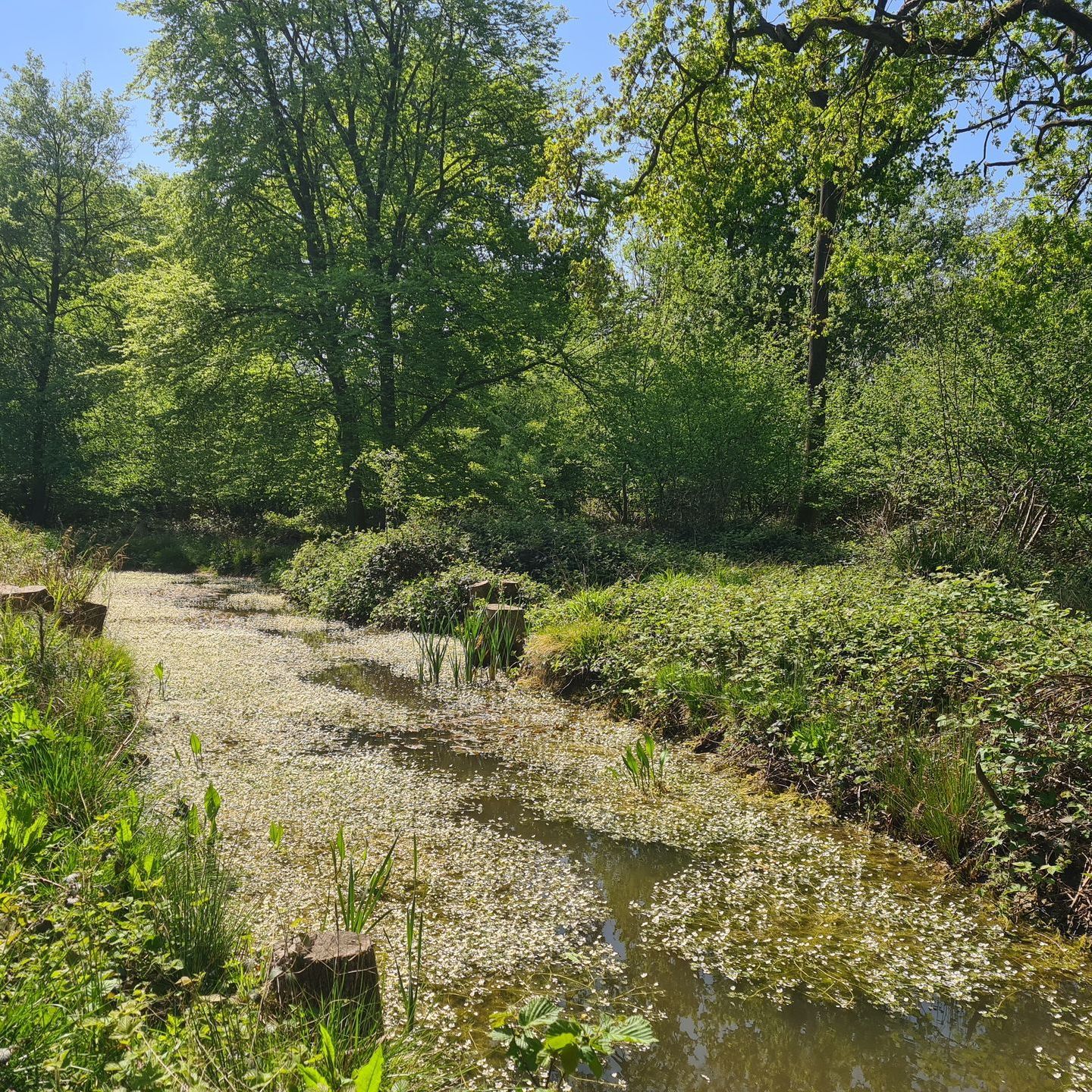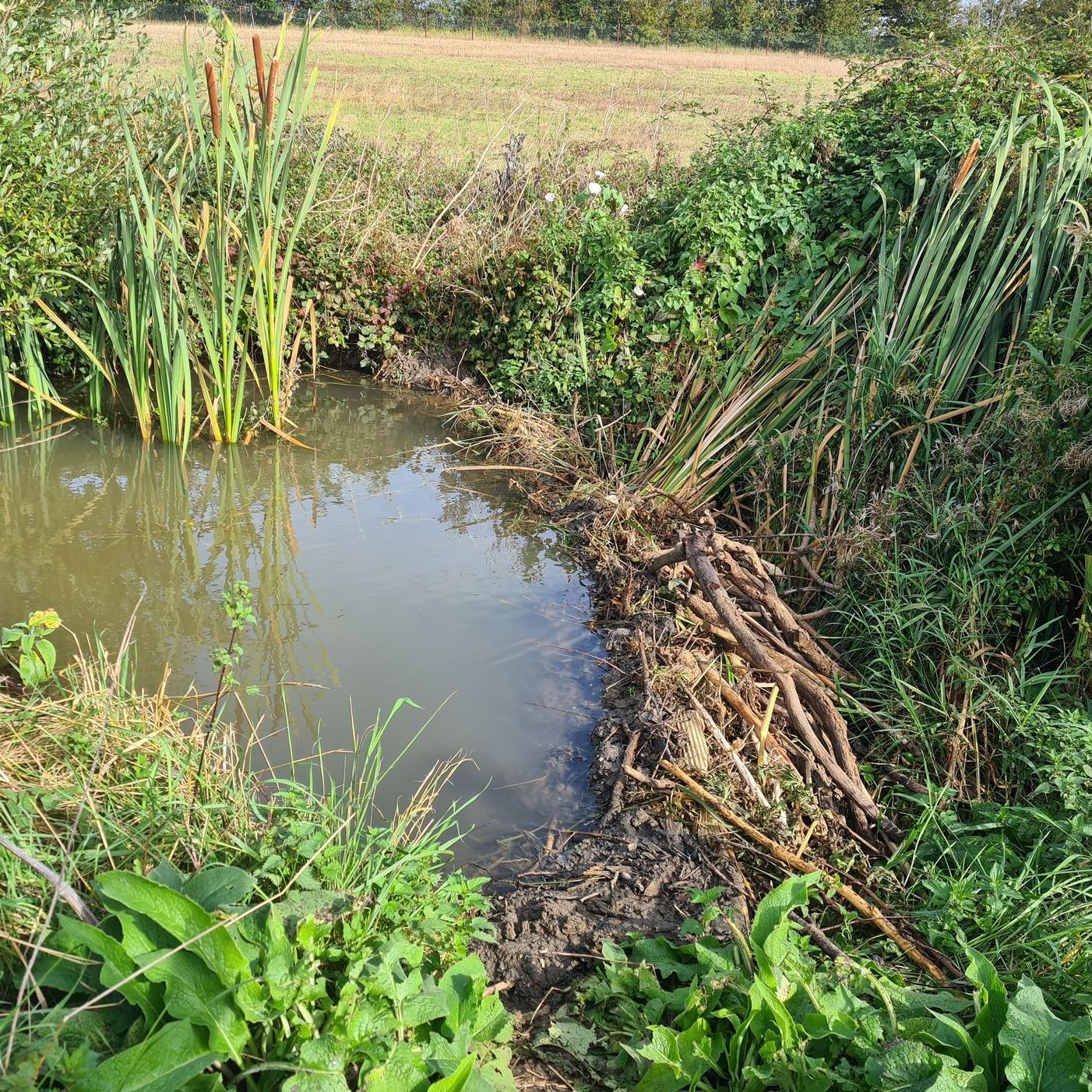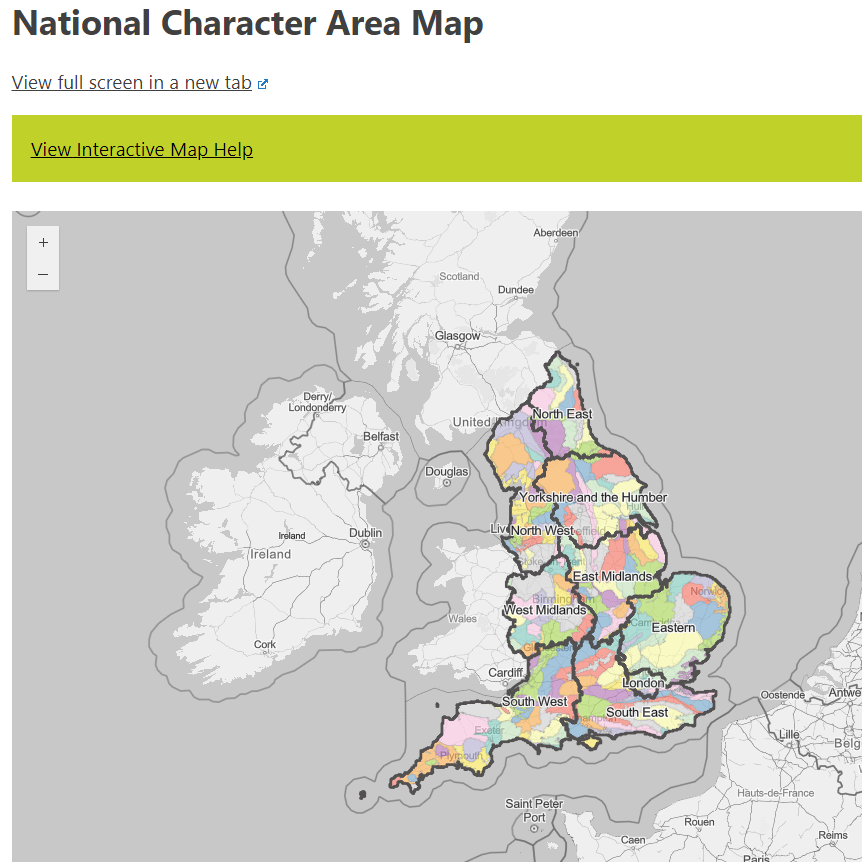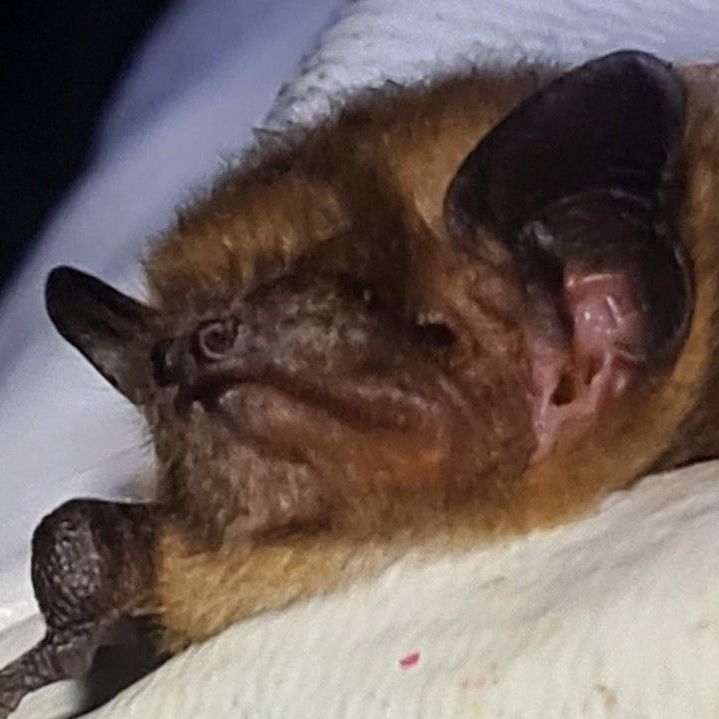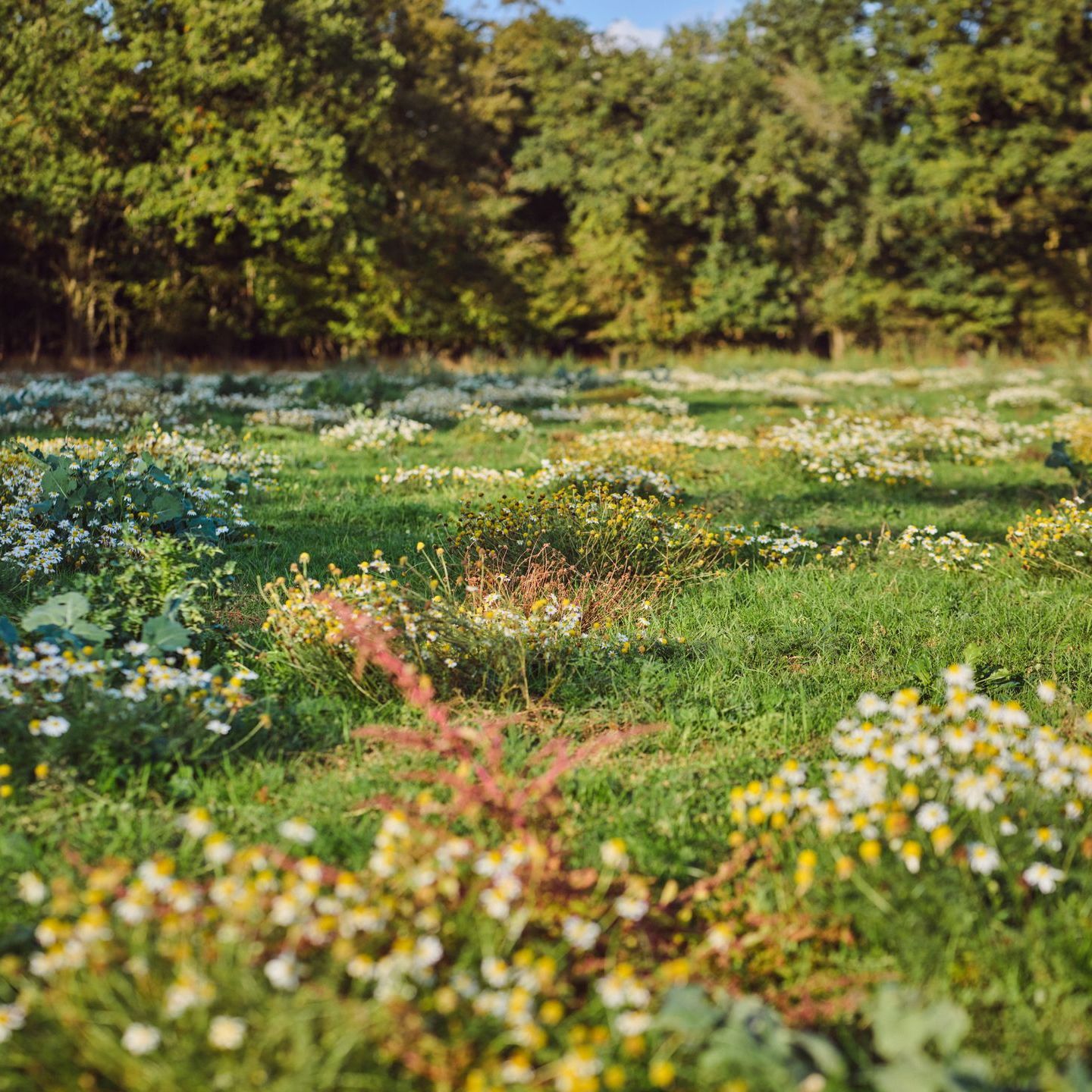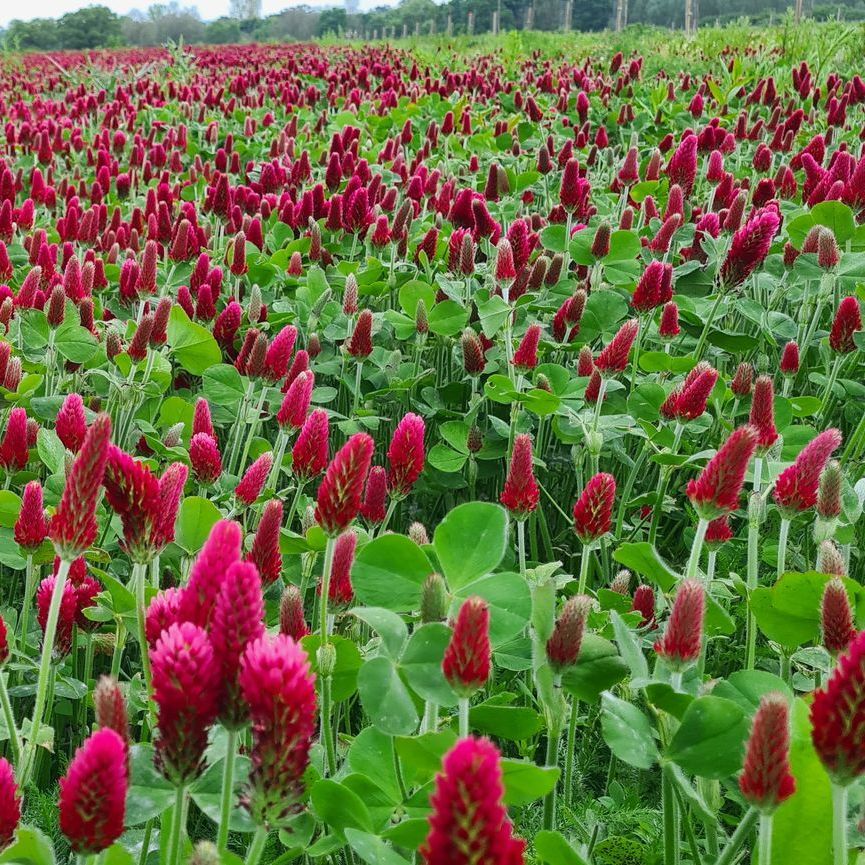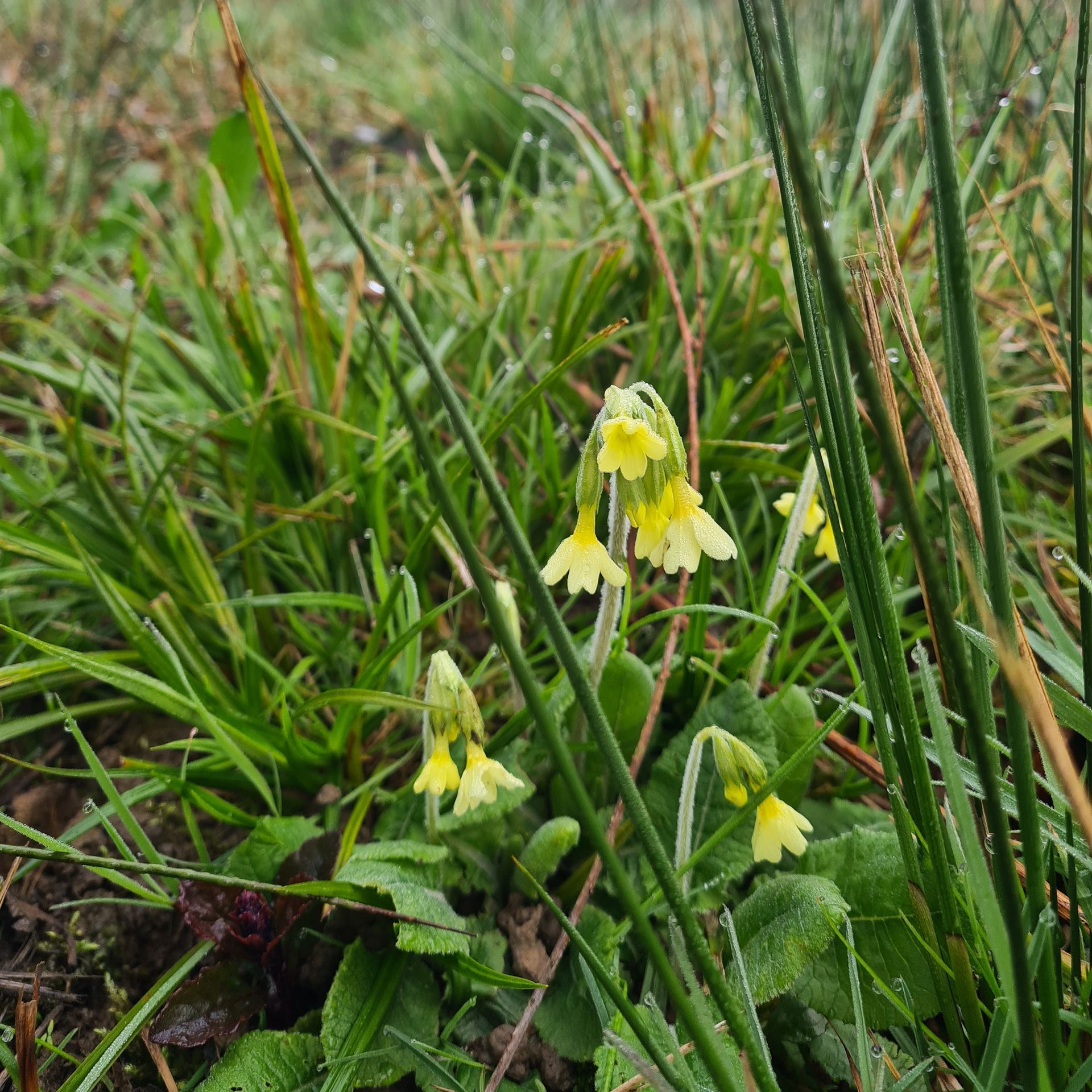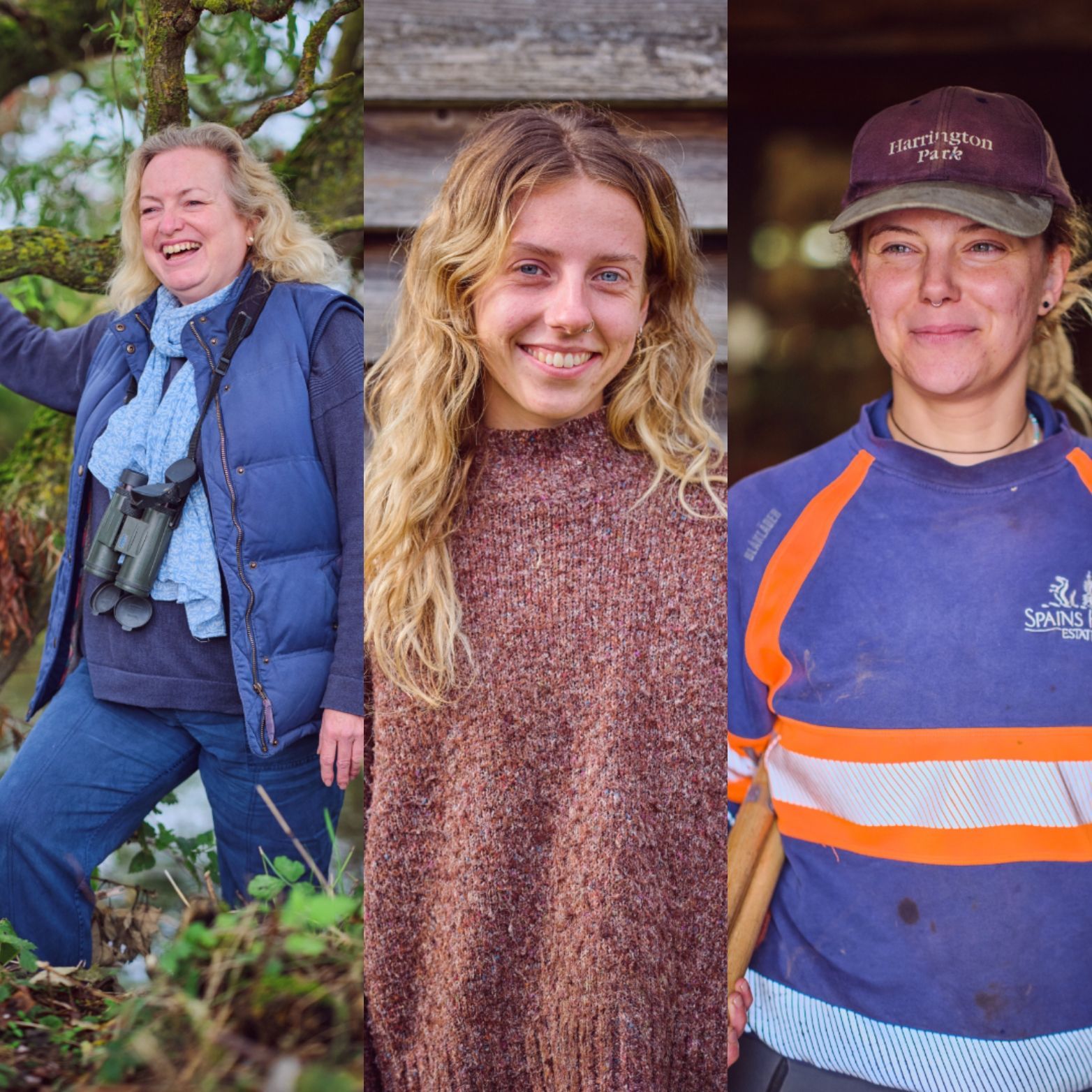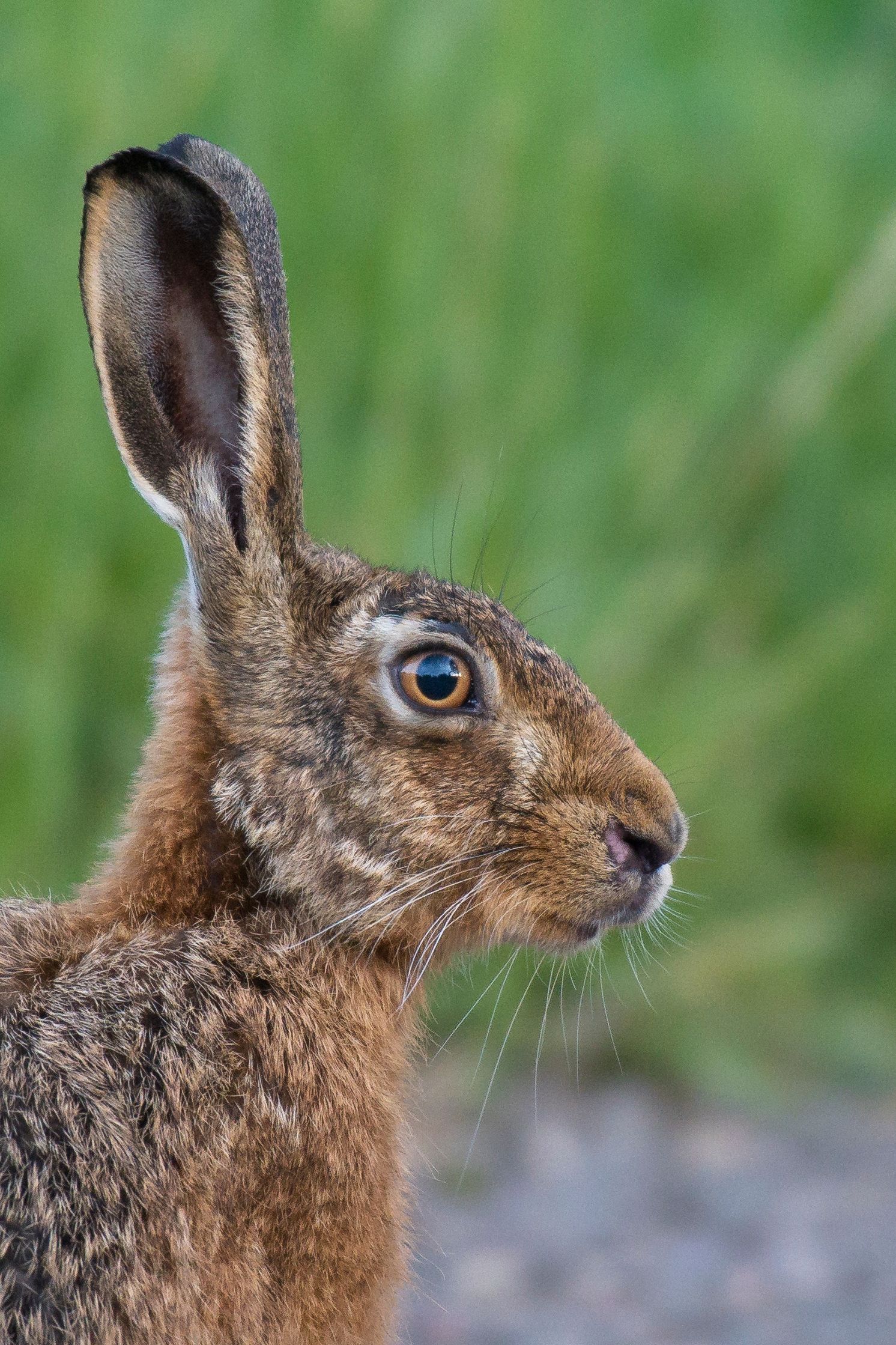First trees in pioneering agroforestry project planted at Spains Hall Estate
Lines of widely spaced walnut and oak trees will be planted within arable and grazing fields to produce food products and timber for decades to come
This week, the first nut trees were planted at Spains Hall Estate as its new pioneering agroforestry scheme kicks off.
As part of its nature-first approach and repurposing the land towards a more environmentally sustainable future, Spains Hall Estate is currently transforming 300 hectares of farmland into an ‘alley-cropping’ system by planting around 10,000 nut and timber trees over a five-year period. This year, nearly 400 walnut trees and 1,200 oak trees will be planted as part of the programme.
Lines of widely spaced walnut and oak trees will be planted within arable and grazing fields to produce food products and timber for decades to come. Between the lines of trees, grassland, herbal leys and wildlife mixes will be established that support biodiversity, build soil health, sequester carbon, trap and clean water and help mitigate drought.
The nut trees, which will take five to ten years to reach maturity, will be grown as far as possible without using fertiliser or pesticides to minimise harm to the soil or wildlife. Once they start to produce nuts, which should begin a few years after being planted, the trees will be harvested annually using specialised machinery and subsequently processed into marketable products such pressed nut oils, roasted nuts, crushed nuts and whole nuts which will be sold to the food industry.
The nut trees will remain productive for up to 50 years, at which point they will be cut down and used for timber. New trees will then be planted and the whole process starts again.
Archie Ruggles-Brise, Estate Manager at Spains Hall Estate said “The estate is moving some of our land away from growing annual crops such as wheat and barley, and towards an approach that seeks to produce food in greater harmony with the environment. We are aiming to establish one of the largest agroforestry systems in the UK – something we are very excited about. Agroforestry focuses on long-term sustainable solutions which benefit the land, wildlife and local communities – all of which we are passionate about here at Spains Hall Estate. We hope to inspire many other landowners to follow a similar method of farming to protect our environment for future generations to come.”
Latest news
